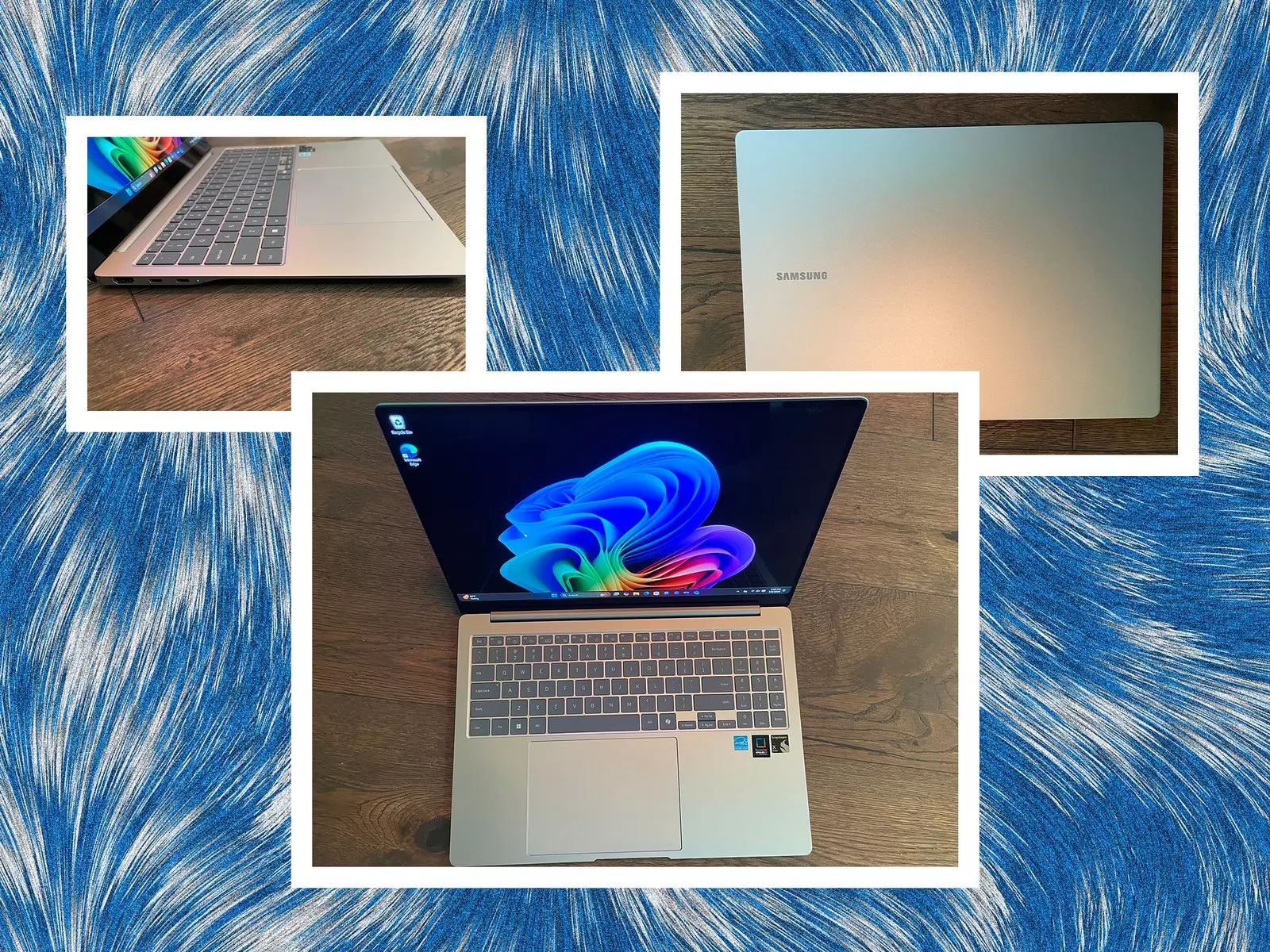As technology continually evolves, the introduction of platforms like Copilot+ PCs showcases the potential of ARM-based architecture to challenge the status quo dominated by x86 systems. While the advantages, particularly in battery life and basic application support, can be compelling, there are critical limitations to consider for prospective users.
Performance and Application Compatibility
Firstly, it’s essential to highlight that Copilot+ PCs excel in handling standard business applications. This includes widely-used software such as Microsoft Office and various web browsers. Benchmarks suggest these devices frequently outperform their Intel and AMD counterparts within similar price ranges, which is a positive indicator for consumers seeking value. The impressive battery life attributed to the lower power demands of ARM CPUs further enhances their appeal to mobile professionals.
However, the ARM landscape is not without challenges. The foundation for Windows operating systems has traditionally rested on x86 architecture, resulting in a vast library of applications built for this environment. Transitioning to ARM means that much of this existing software either requires a complete rewrite or adaptation. This ongoing process of adaptation introduces unavoidable inconsistencies. Although Microsoft has made strides with its Prism emulator, which attempts to facilitate compatibility between different architectures, it does not cover every application. As a result, users may discover that essential software can be unusable or provide sub-optimal performance due to emulation overhead.
For users who enjoy gaming or engage in GPU-intensive tasks like video editing, Copilot+ PCs may not be the best fit. The integrated GPU of devices powered by the Snapdragon chipset has not demonstrated the necessary performance levels to compete with the discrete graphics offerings available in Intel and AMD systems. Users seeking high-fidelity graphics and seamless gaming experiences will likely find these ARM-based systems lacking, presenting a significant drawback for the gaming community.
Additionally, numerous specialized applications that professionals often rely on—such as VPN clients—frequently encounter compatibility issues or exhibit unstable performance on ARM platforms. The absence of support for some mainstream applications, including Google Drive for Desktop, further complicates matters. This situation limits users’ ability to fluidly integrate their workflows across devices and platforms, potentially hampering productivity.
Unique Features vs. Practical Considerations
One of the highlights of Copilot+ PCs is their innovative AI-driven features, some of which are genuinely useful, like the Live Translate functionality that stands out as remarkably effective. However, several other features may come across as mere novelties rather than essential tools. For example, the Recall feature may raise privacy concerns among users who prefer not to be tracked. The dichotomy of innovative features versus user concern introduces an intriguing dynamic that could affect the adoption of such tools in everyday use.
Moving forward, as Intel- and AMD-based iterations of Copilot+ PCs become available, the compatibility roadblocks currently experienced with ARM will potentially diminish. These forthcoming models promise improved clarity regarding performance expectations and appear better suited for power users who require a blend of performance and longevity. Still, it is essential to understand that these devices may sacrifice the same exceptional battery life that ARM-based variants offer.
Ultimately, when considering the various pros and cons of Copilot+ PCs, one must reflect on their specific needs and usage scenarios. While these devices shine in providing extended battery life and meeting basic computing requirements, they may not cater to every user group—especially those who require an expansive software ecosystem or engage in resource-heavy tasks.
Potential buyers should weigh these factors carefully before making a decision. Understanding that Copilot+ PCs are tailored for a particular segment focused on mobility and power efficiency will ensure that consumers are well-informed and can make educated purchasing choices. In a tech landscape characterized by rapid innovation, it’s exciting to consider how these developments will shape our approach to computing in the years to come.

